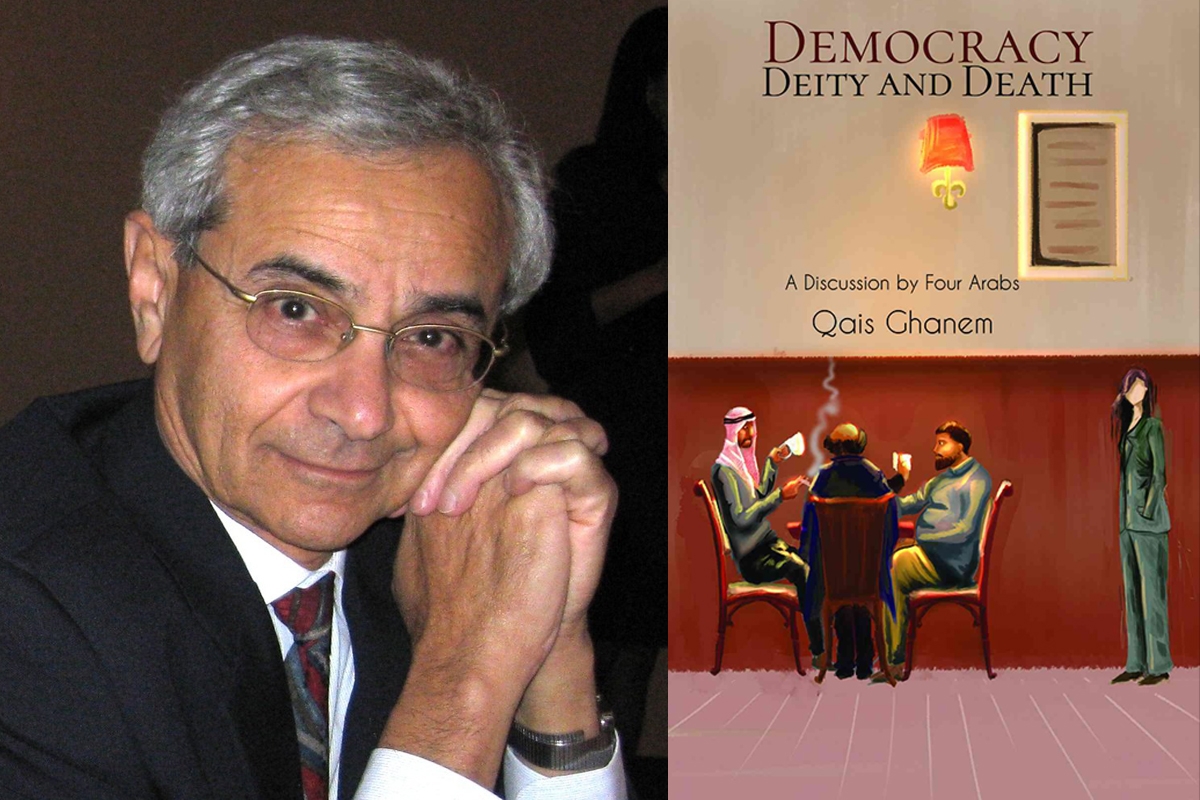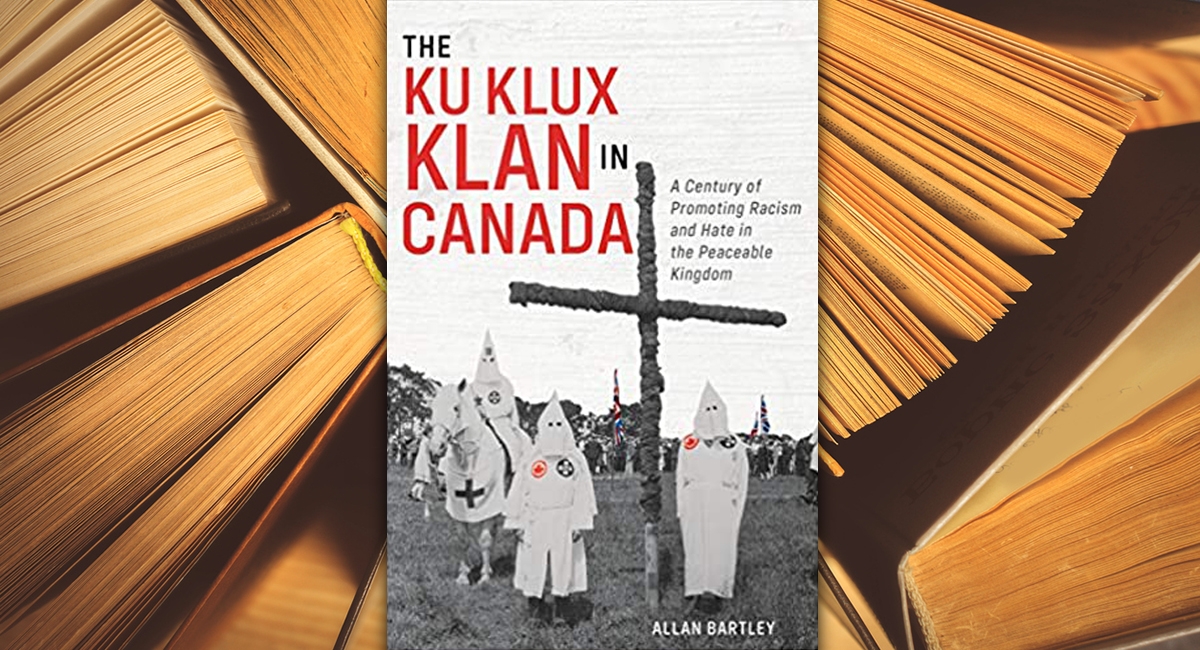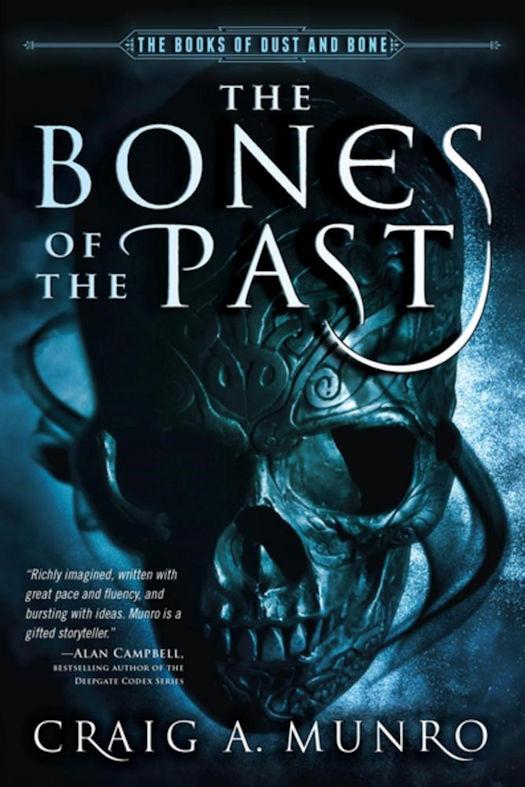
Democracy Deity and Death: A Discussion by Four Arabs
Democracy Deity and Death is a book that gives perspective on politics, Islam and significant issues in the Middle East. Although the subject is not new, what makes the book stand out is its perspective storytelling. Author Qais Ghanem masterfully uses the narratives of four very different Arab characters to present views that do not always align with the values of Muslims but are current in today's society.
The four characters meet regularly for coffee and have friendly and, at times, animated discussions. Rather than being subjected to a single-story narrative, the book is a compilation of their conversations. The reader becomes acquainted with Saleh — a widowed biology professor from Egypt, Abdul-Raheem — a British born Yemani man recently returned to the UK after spending most of his life in Yemen, Sam — a gay Christian Lebanese real estate agent, and Samia — an Egyptian woman who is a banker, a recent divorcee, and a secularist with a young adult daughter. The diversity of the characters' thoughts keep the novel captivating.
Topics during the groups' meetings generally revolve around contemporary and at times difficult issues in the Muslim and Arab world: dictatorship, corruption, tribalism, Islam and reform, as well as religious-based issues like sexuality. The discussions are lively and descriptive, and it is evident that Ghanem has a thorough understanding of the different perspectives represented through the characters. Samia, for example, often butts heads with Abdul-Raheem over the issues of Westernization and Sharia law and their impact on western raised Arab children because Abdul-Raheem has traditionalist values and much of the book centres on the intellectual sparring of these two character. Saleh provides a character study of the Arab world of the nineteen sixties. Although Saleh is not a pious Muslim, he holds onto political beliefs of the Arab nationalist era and is seemingly pro Palestinian, educated, and Westernized. Saleh too often spars with Abdul-Raheem over Quranic interpretations. Sam provides a different religious background and sexuality perspective to the narrative. Yet, he usually does not butt heads with Abdul-Raheem. He sees the commonalities between their faiths and almost appears to act as a mediator.
The lack of a singular narrative is appealing. Rather than present the problems of the Arab world through one protagonist, who would stereotypically be like Abdul-Raheem, there is a diversity of ideas that tries to show the wide variety of cultures and beliefs in the Middle East and how they intersect.
Ghanem craftily makes the argument through the characters that the tribalism of the Arab-speaking nations has halted progress, yet he also shows that where there is a dialogue, mutual understanding can be fostered, and friendships can bloom.
Anyone who would like to learn more about Islam, the Arab world, and the Middle East will enjoy this book.
Democracy Deity and Death: A Discussion by Four Arabs
by Qais Ghanem
Published by Austin MaCauley Publishers
ISBN: 978-1-5289156-7-0









